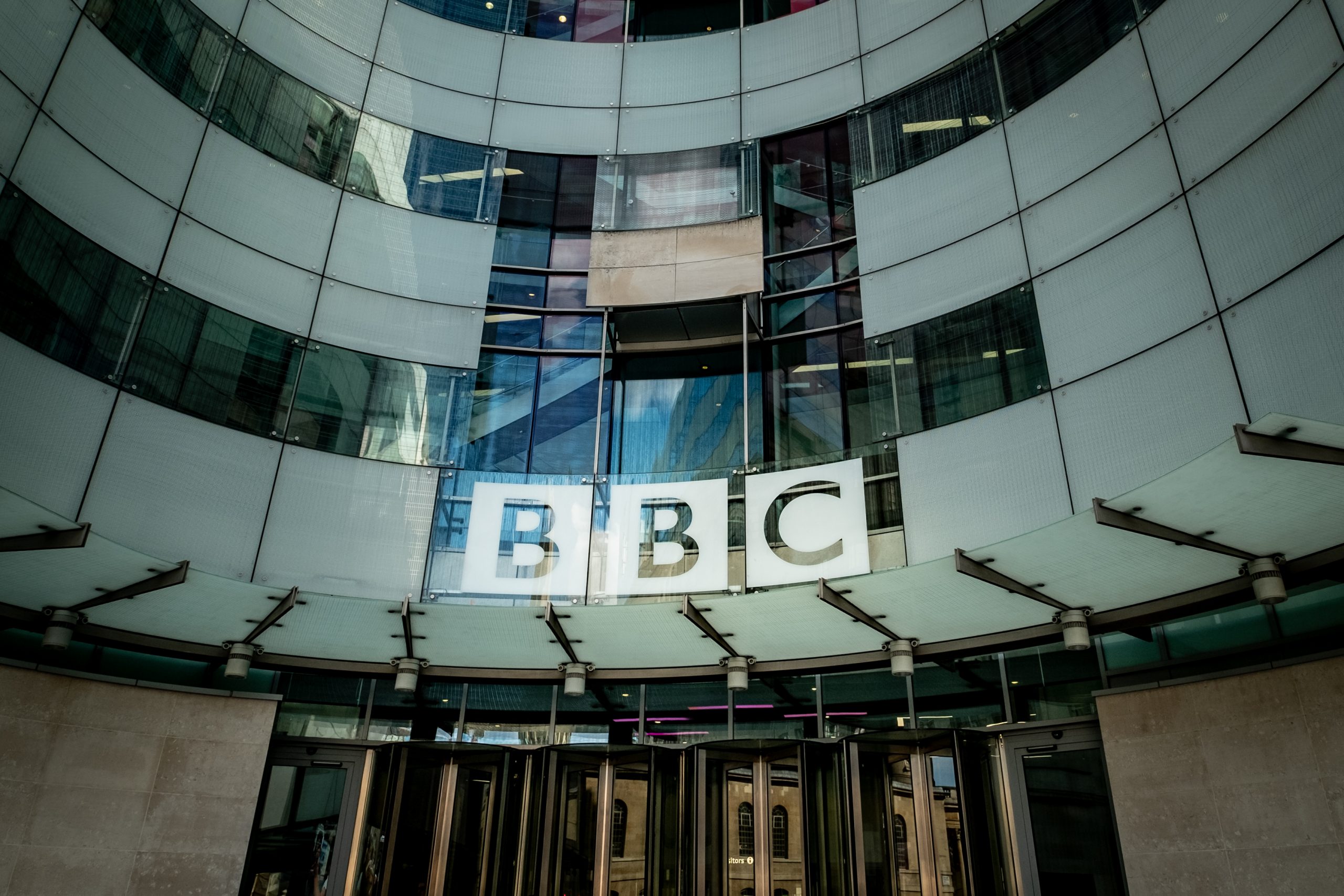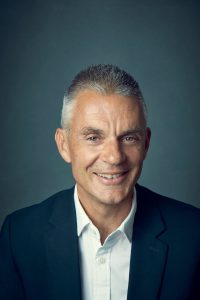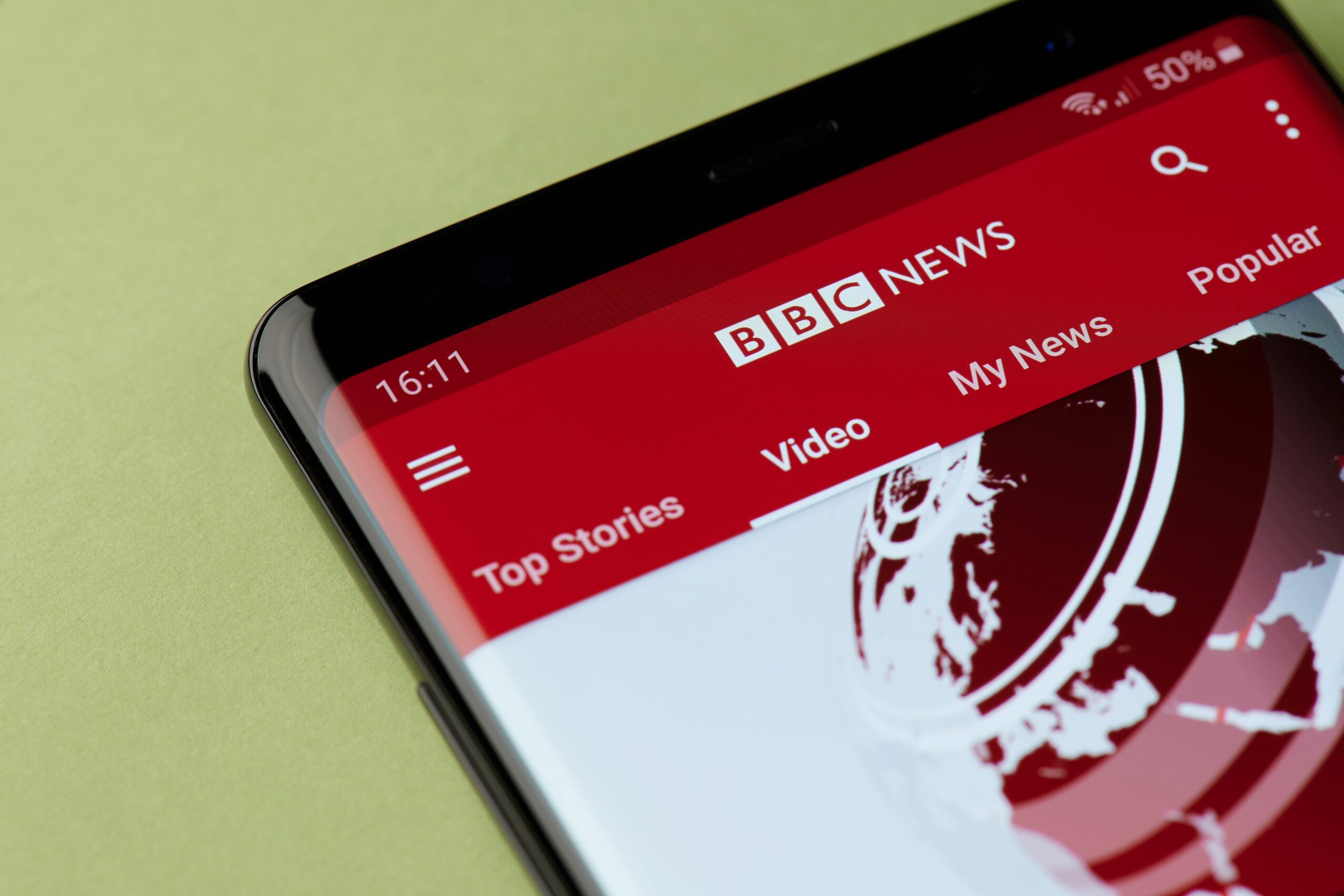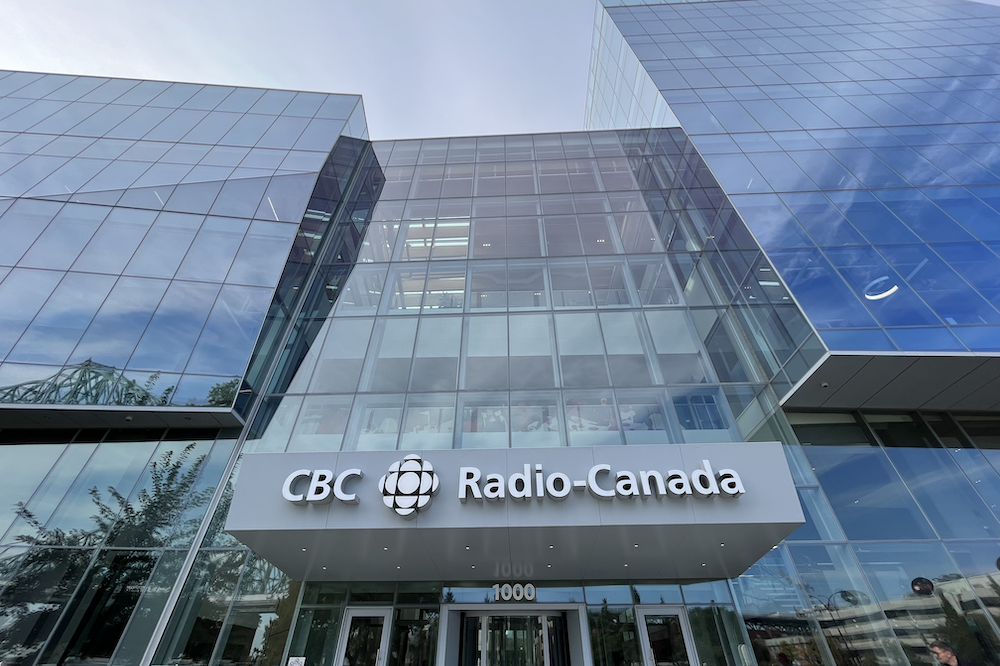MEMBER PRESS RELEASE
BBC to meet future challenges with rigorous focus on three essential roles
27th March 2024
In a major speech on the future of the BBC, Director-General Tim Davie said the broadcaster has a central role in ensuring the UK retains a healthy democracy, a strong creative economy and a more cohesive society.

This press release was originally published on the BBC.
The BBC’s enduring mission to inform, educate and entertain is more vital than ever as we grapple with rapid technological change, disinformation and social division, the Director General has said.
In a major speech on the BBC’s future, Tim Davie said the broadcaster has a central role in ensuring the UK retains a healthy democracy, a strong creative economy and a more cohesive society.
Addressing a room of industry experts and partners and speaking directly to BBC staff around the world, Davie said the BBC had been reforming at pace to remain at the heart of people’s daily lives, but must now go further.
Read more: Government’s Mid-term Review proposes a range of changes at the BBC
He said at a time of real jeopardy, the BBC would target resources, knowledge and knowhow in three key areas, warning “now is the time when we must make choices together to rapidly modernise and invest in precious institutions like the BBC, or they will wither”.
“We stand at a significant moment. The jeopardy is high,” he told the audience.
“The future of the UK, democratically, socially and culturally is at risk.
“And for us to succeed, far from following where the market is driving others, we must double down on what audiences see as our unique value.”
The Director General set out the three essential roles the BBC will prioritise to ensure it offers value for audiences:
- Pursuing truth with no agenda – by reporting fearlessly and fairly
- Backing the best British storytelling – by investing in homegrown talent and creativity
- Bringing people together – by connecting everyone to unmissable content
The Director General said: “In this country our independent public institutions have evolved to help hold democracy together. To preserve society’s equilibrium against the pull of extremes. Strong institutions foster a strong society – a virtuous circle.
“That is why, when I talk about backing our national institutions, it really is not simply to mount a self-interested defence of those institutions in and of themselves. It’s about intervening to provide their societal effects for future generations.
“This will take reform, passion and vision. I am not exaggerating to say that our civil democratic society, admired across the planet, is at stake if we get things wrong.”
Listen toour podcast
Uncovering and exploring the biggest
issues facing public media
High inflation and increased costs as well as below inflation settlements “have chipped away at our income over many years and have put significant pressure on our finances”, he said, alongside “forces reshaping the market and creating huge disruption to traditional broadcast-based organisations”.
“And it’s not just the future of the BBC and the Public Service Broadcasters that are at stake, it’s the future of our wider creative industries,” said Mr Davie. “A world-class success story, but one we can’t afford to take for granted.”
Therefore there was a need to target limited resources and create a leaner, focused public service BBC.
“We should not create another commercial walled garden or a narrow BBC that provides a niche service for the most hardcore users,” – Tim Davie, Director General of the BBC

This would include rebuilding the BBC’s digital products to offer a modern fully-integrated and more personalised and accessible service and boosting commercial income with new, major partnerships, investment and new capital.
The Director General said: “We want to focus on what we provide that is not just different to others but is, by the virtue of our public service mission, the very opposite of where many commercial players are heading.
“Our mission will always be to inform, educate, and entertain. But what does that mean in today’s society – right now.
“We have been listening to audiences and examining societal trends to identify our role in the future landscape. That work tells us three essential roles that we can play for our democracy, our creative economy, and our society; roles which can make the impact of the BBC more, not less, precious. Roles that are driven by audience need, not simply by commercial market forces. Our plan is to focus our resources on these roles.”
The Director General also said future funding of the BBC “will need reform”, adding: “I think it is right to ask fundamental questions about its longevity.”
But he also warned against unpicking “the very wonder of the BBC”.
“We should not create another commercial walled garden or a narrow BBC that provides a niche service for the most hardcore users,” he said.
He confirmed the BBC will look at funding options for the future, examining the merits of evolving the licence fee post-2028 to secure universal funding and assessing whether funding should be more progressive. Further detail on this will be set out in due course.
He also announced the BBC would undertake the largest public consultation in its history starting next year, so that the views of audiences are at the heart of the debate about the future of the organisation, ahead of the next Charter in 2028.
“Our aim is to make contact and get feedback from hundreds of thousands of people, and we do with an open mind,” he added.
Read the speech in full here.
The BBC has also published a document outlining its future plans, which can be found here.
Related Posts
23rd January 2024
Government review proposes a range of changes at the BBC
The UK Government's Mid-Term Review of…
29th November 2023
BBC News announces savings and digital reinvestment plans
The savings form part of the BBC…




